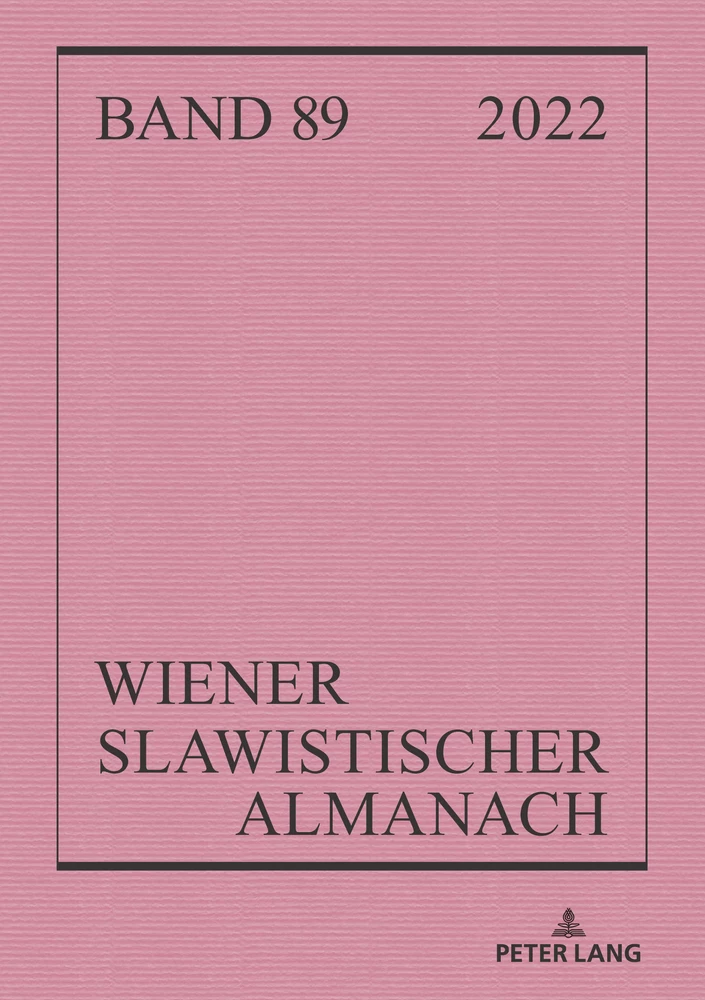Psychosomatic Illness and Narrative Medicine in Chekhov’s The Wolf and A Nervous Breakdown
Veröffentlicht am 30.10.2023
Schlagwörter
- psychosomatic illnesses,
- psychological prose,
- Anton Chekhov,
- Ivan Sechenov
Abstract
This article explores psychosomatic illness in medical history and in Chekhov’s thought and writing. Chekhov’s ideas about the relationship between the mind and the body are shaped by what he learned in medical school and through his engagement with medical psychology in the works of experimental psychologists like Ivan Sechenov. After finishing medical school Chekhov integrates ideas about psychosomatic illness into his fiction as he creates characters, plots, and new literary forms. To consider the role of mind-body phenomena in Chekhov’s stories, this article addresses two questions: first, what might the doctor-writer have learned about psychosomatic illnesses from his training in medicine, psychiatry, and psychology? Second, how does he integrate medical perspectives on the facts of psychosomatic illness into his stories and to what effect? Answering these questions sheds light not only on the history of medical knowledge about the mind-body relationship, it reveals recurrent mistakes in receiving and interpreting that history, and potential connections between literature and medicine made possible through psychosomatic phenomena.

